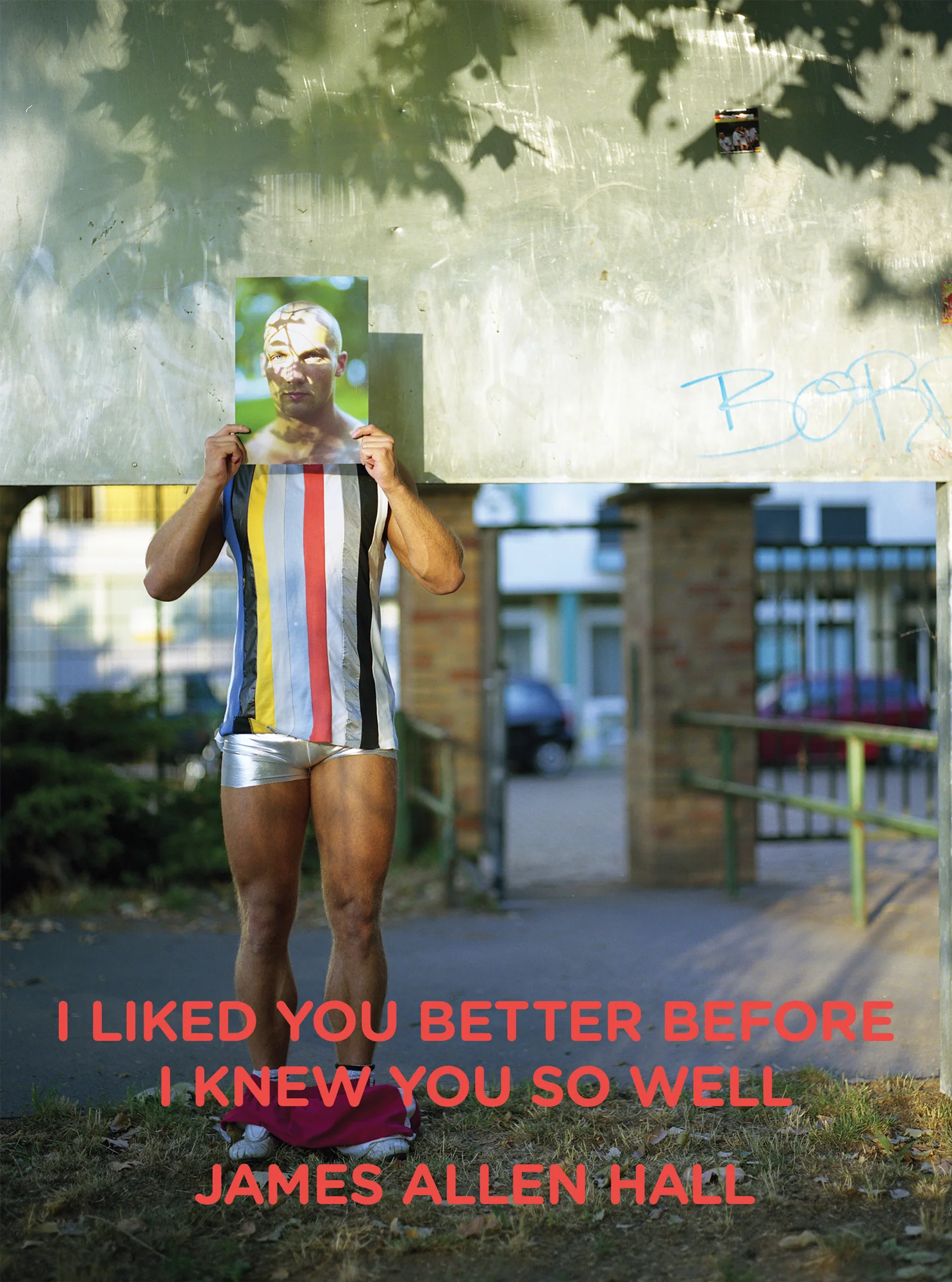Say So
Say So
Dora Malech
2010
9781880834923
88pgs
Dora Malech was born in New Haven, Connecticut in 1981 and grew up in Bethesda, Maryland. She earned a B.A. in Fine Arts from Yale College in 2003 and an M.F.A. in Poetry from the University of Iowa Writers’ Workshop in 2005. She has been the recipient of a Frederick M. Clapp Poetry Writing Fellowship from Yale, a Truman Capote Fellowship and a Teaching-Writing Fellowship from the Writers’ Workshop, a Glenn Schaeffer Poetry Award, a Writer’s Fellowship at the Civitella Ranieri Center in Italy, and a 2010 Ruth Lilly Poetry Fellowship from the Poetry Foundation. The Waywiser Press published her first full-length collection of poems, Shore Ordered Ocean, in 2009, and the Cleveland State University Poetry Center published her second collection, Say So, in 2011. Malech’s poems have appeared in numerous publications, including The New Yorker, Poetry, Best New Poets, American Letters & Commentary, Poetry London, The New Census, Tin House, and The Yale Review. From 2011 to 2014, She helped to found and directed the Iowa Youth Writing Project, an arts outreach program for children and teens. She now lives in Baltimore, Maryland, where she joined the faculty of The Writing Seminars at Johns Hopkins University as an Assistant Professor of Poetry in Fall 2014.
“The two-faced (at minimum) essence of language is Dora Malech’s inherited problem, and her opportunity: nothing is just what it says, and everything says much more than it knows. I hope you like dirt because that’s what you’re getting, she warns, or promises. Malech is ferociously alert to the unconscious absurdity and desire in idiomatic speech, its mortifying blend of self-effacement and self-betrayal. The closer one stares at the dizzying, ultra-fluent surfaces of these poems, the more their grave ambiguities emerge.” –Mark Levine
“Say So flaunts the powers inherent in the duplicities of language, words as reactants in shifting contexts and punning-under-pressure, yet it settles for no easy, cool ironies, no detached assumptions of transgression; in fact, it achieves what can only be called white-hot sincerity and committed truthfulness. This is writing of astonishing prosodical dexterity and lexical wiles. What strikes me as most courageous is that even as Dora Malech’s poetry confronts social, political and personal despair and wreckage, it never sacrifices innovative fire, will not be made mute or abjure the glorious means of poetry.” –Dean Young
More Information:







